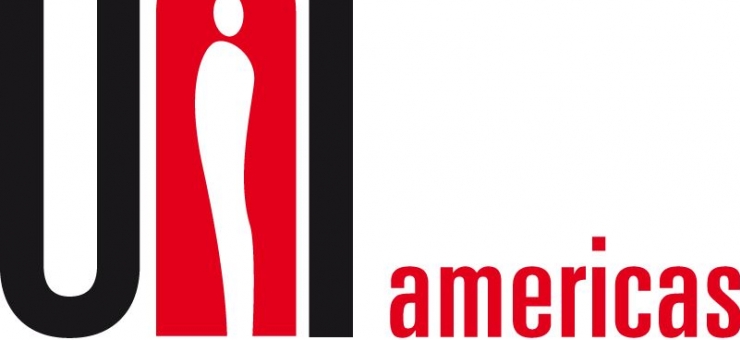News
Mauricio Macri's first 100 days in office

The Executive Committee of UNI Americas expresses its concern about the situation in Argentina, where the new government is pursuing an aggressive policy of social inequality, favoring the richest segment in the country and the vulture funds, and impoverishing the rest of the population. In only a few months, dozens of decrees of necessity and urgency were issued, through which laws passed by the people's representatives, including those establishing equitable and solidarity principles for the treatment of external debt and the media law were repealed, as a result of a broad public debate to establish a democratic system of communication media and non-monopoly.
In the first 100 days of government, tens of thousands of workers and public servants were dismissed, in violation of their most basic rights to job stability and using discriminatory and offensive statements against them. The cost of public services increased dramatically, which severely reduced the purchasing power of working families, with a drop of 10% only in the first two months. The Catholic University of Argentina reported that according to its calculations, in the first quarter of 2016 one million six hundred thousand people fell below the poverty line and 350,000 people fell into poverty.
Also, the pension scheme for informally employed workers ("in black") was cancelled. Taxes paid by exporting grain companies and large mining companies were strongly reduced, while simultaneously the number of workers who must pay income tax was increased. The national government favored Buenos Aires, the richest city in the country in a discretionary manner, in detriment of the other provinces, using public funds to force the provinces to support their decrees and bills.
The fall in consumption caused by the increase in poverty, and the reduction in real wages also resulted in the destruction of tens of thousands of jobs, sharply increasing unemployment. The Argentine Industrial Union (UIA) announced that between one hundred thousand and two hundred thousand jobs could be destroyed, in addition to at least 250,000 youth that will enter the market this year and not find employment. Including the public and private sector workers dismissed, and those to be soon dismissed as announced by companies, and youth entering the labor market, the number of newly unemployed could easily exceed 500,000 people equivalent to a 2% rise in unemployment.
The new government has shut down the state offices that investigated and prevented capital flight and money laundering, appointing as heads the defense attorneys of companies that are nationally and internationally accused of money laundering. The global scandal of Panama papers brought to light that president Macri is one of the five heads of state who appear to have shell companies in tax havens. In addition to the President, the list includes some of his most important partners, officials and relatives, while both the Finance Minister and the President of the Central Bank are being investigated for capital flight, and in the case of the latter he is being tried in the Supreme Court.
The large monopoly mass media are safe-guarding the government, hiding information that is relevant for citizens. Conflicts such as the Banking Association, with sit-ins outside the bank and demonstrations, which now extend to almost two months, have received minimal attention from the big mainstream media. The scandal over the Panama papers has disappeared from the mainstream media websites, although the President is being investigated.
UNI Americas Executive Committee states its support for the Banking Association and its fight against the arbitrary dismissal of workers of the Central Bank, expresses solidarity with the union movement, and notes its satisfaction with the steps taken by the confederations who are pursuing joint actions against the serious situation faced by the people of Argentina.
UNI Americas will closely follow the social and institutional situation in Argentina, requiring that national and international bodies cancel measures taken to the detriment of labor rights and democratic guarantees, and that investigations continue until possible crimes committed by officials are clarified.

